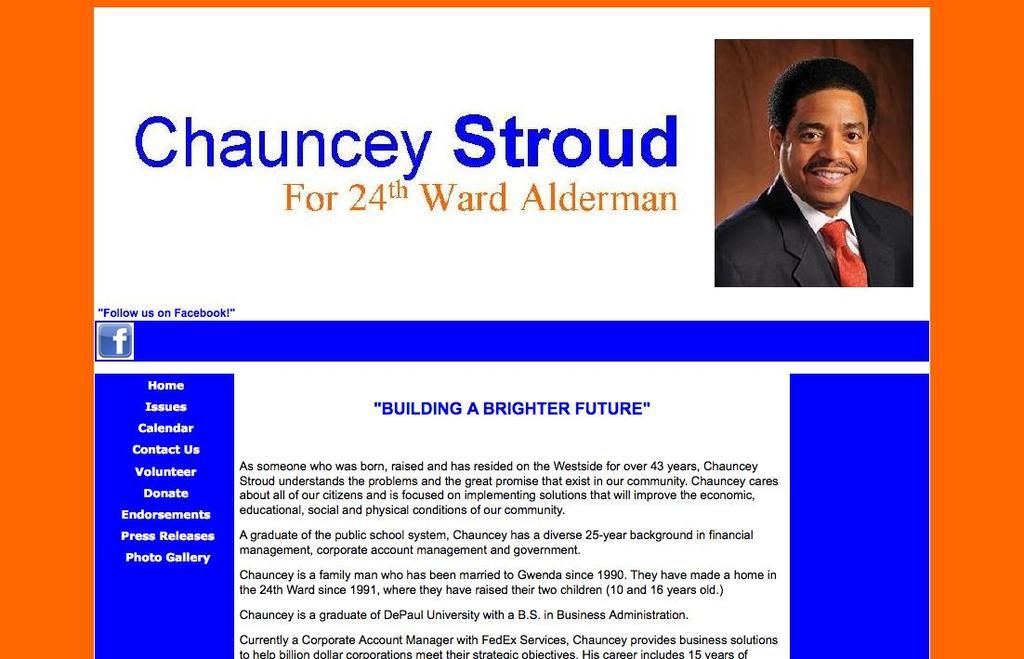Confidence levels among consumers plummet, reaching their worst point since May 2020.
Trading Tensions, Tariffs, and Troubled Times: A Deep Dive into the Economic Shakedown Under President Trump
The economic atmosphere in America is growing foggy as President Donald Trump's tumultuous trade war continues. With escalating tariffs and a persistent battle on various fronts, this uneasy economy could leave consumers questioning their spending habits, and Wall Street gripping their stocks tightly.
Recently, consumer confidence took a nosedive, plunging 7.9 points in April to a reading of 86, according to the Conference Board's latest survey. This is the lowest level since May 2020 and a more substantial decline than experts had anticipated. The survey's Expectations Index, reflecting people's outlook on the economy, sank 12.5 points this month to 54.4, the weakest in 13 years.
Trump's tariffs seem to have landed squarely on the minds of consumers, incapacitating their optimism towards the economic future. According to the Conference Board, consumers explicitly mentioned concerns about tariffs inflation and their negative impacts on the economy.
As the Trump administration completed its 100th day in office, the pessimism among US citizens is palpable. Despite consumer spending powering about 70% of the nation's output, Trump's whirlwind of tariffs, immigration crackdown, attacks on the Federal Reserve, and workforce slashing have left consumers unsettled. This turmoil has even chilled the confidence of Wall Street giants.
Unraveling the Quandary: Will People Keep Spending?
Despite the pessimism looming over, it hasn't always resulted in weaker spending in recent years. It remains unclear whether the situation will play out the same this time around. For instance, during June 2022 when consumer sentiment hit a record low as inflation creaked at a four-decade high, Americans continued to shell out money in the following months.
Similarly, during a Congressional standoff over the debt ceiling in 2023 that left consumers jittery, people still indulged in concerts and travels.
However, a study by Federal Reserve economists published last week argues that people may have overestimated inflation's impact on their finances in recent years, which could impact their perceptions of the economy. Researchers linked people's responses in surveys with their verified purchases from 2019 to 2024.
While some Federal officials are cautiously optimistic, others, like Richmond Fed President Thomas Barkin, express concerns. "I think there's lots of reasons to be worried about consumer spending," Barkin said during a recent event. "Consumer sentiment has dropped, for example, pretty significantly over the last couple months and consumers seem to be more worried about inflation and worried about losing their job."
The Tricky Tango: Higher Inflation Expectations
As inflation expectations rise, they could make it more challenging for the central bank to battle inflation if Trump's trade war truly fuels inflation. Inflation expectations can become self-fulfilling, as if people believe prices will increase, they adjust their spending accordingly.
In April, inflation expectations in the year ahead rose to 7%, according to the Conference Board survey—the highest level since November 2022. A similar survey by the University of Michigan has mirrored a surge in year-ahead inflation expectations.
Gittern Strumming into the Future
Trump's trade war isn't over yet, and his administration shows no signs of backing down on immigration enforcement. However, there are other major policy changes on the horizon, such as the extension of Trump's 2017 tax cuts that Congress is expected to pass in the coming months.
Even if the extended 2017 tax cuts eventually boost the economy, it may not do so until 2026 according to economists like Nicole Cervi at Wells Fargo. "You'll have a tariff-induced slowdown in the second half of 2025, but then fiscal policy will launch up the economy in 2026," said Cervi. "We look for personal tax rates to decline across the board, and our operating assumption is that you get an additional disposable income of $150 billion for the household sector in 2026."
Trump has pledged to eliminate income taxes and replace them with revenue from tariffs. However, such a move would face significant obstacles.
"We've got three legs to the president's economic agenda: trade, tax, and deregulation, and we hope that we can have this tax portion done by Fourth of July," said Treasury Secretary Scott Bessent to reporters recently.
References:
[1] Lin, L., & Rendall, E. (2019). US Consumers Face Surcharges as Trump's Trade War Escalates. Bloomberg
[2] Heath, L. S., & Zywicki, T. A. (2019). Making America Poorer Again: The Economic Consequences of the Trump Administration’s Tariffs. Cato Institute
[3] Mervosh, S. L. (2019). Trump's Trade War Is Hurting Consumer Spending. The New York Times
- The escalating tariffs under President Donald Trump's trade war have raised concerns about recession, as consumer confidence plunged in April, according to the Conference Board's latest survey.
- The pessimism among US citizens, due in part to Trump's trade policies, has left consumers uncertain about their spending habits, potentially impacting business and finance.
- As inflation expectations rise, they could make it harder for the central bank to combat inflation, and if Trump's trade war fuels inflation, it could create a challenging situation.
- Economists like Nicole Cervi at Wells Fargo predict that even if the extended 2017 tax cuts boost the economy, it may not occur until 2026, following a potential tariff-induced slowdown in the second half of 2025.
- The continuation of Trump's trade war and his administration's persistence on immigration enforcement might influence future economic trends in the context of politics and general-news.








